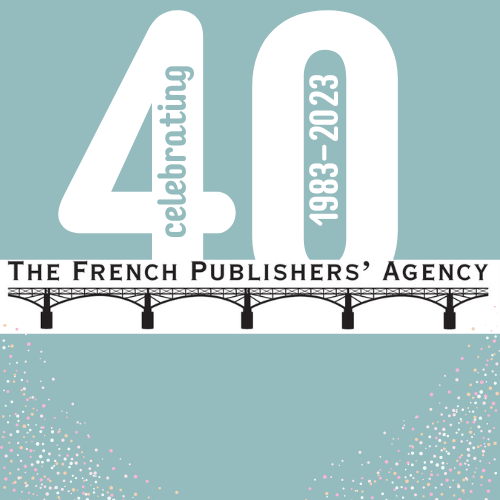becoming a lioness
Wendy Delorme
(JC Lattès, 216 pages, 2022)
***TRANSLATION SAMPLE AVAILABLE HERE***
Becoming a Lioness is a song of hope, a sisterly invitation, a reconnection to feminine power, and imaginary projection . . . an intense reading of desire, animality and passion . . . a political and intimate reflection on female subjection.
—Stelphique, Fairy Stelphique Blogsite
Sows and cows, hens and kittens, bitches and cougars, chicks and vixens: vast is the bestiary of animals alluding to the various roles society assigns to women. Wendy Delorme is a lioness, but which one: a female companion to the lion king; a noble and self-sufficient huntress, capable of sisterhood, and even of murdering an aging male; or the self-mutilating near-blind lioness of the Tiergarten zoo, who has lost any zest for life—like the author herself once, caged in a toxic and devouring love?
Navigating between past and present, Delorme evokes her youthful days in Berlin where she fell under the magnetic spell of Leo, a zoo employee by day and barman by night. Engulfed in their intense sexual relationship, she rapidly moves in with him, descending into a state of material and psychological subjection from which she barely escapes. Now in her forties, and given another chance at love, she fears falling prey yet again, weary of her most intimate desire, that of giving herself entirely to another.
Effortlessly weaving together autofiction, in-depth lion research, and sociological reflections, Wendy Delorme evokes the many representations of the lioness in culture, history, mythology, and literature. Becoming a Lioness is no longer just a metaphor: in Delorme’s poignant, caustic, and original voice, it involves a complete mental and political transformation necessary to heal the wounds of the past and to reclaim one’s female power.
Wendy Delorme is a writer, performance artist, and activist. Her novels include Viendra le temps du feu (Cambourakis, 2021), Le Corps est une chimère (Au Diable Vauvert, 2018), La Mère, la sainte et la putain (Au Diable Vauvert, 2012), and Quatrième génération (Grasset, 2007).

